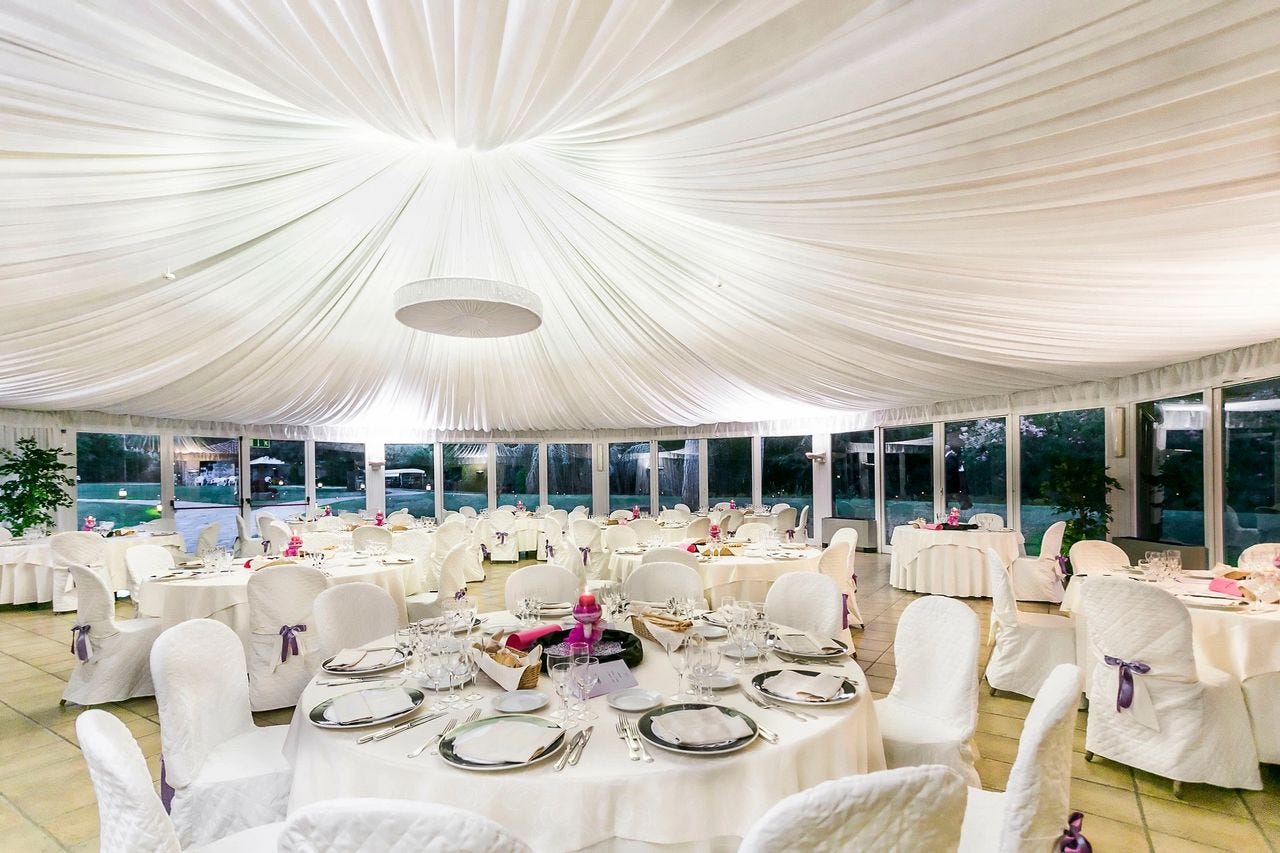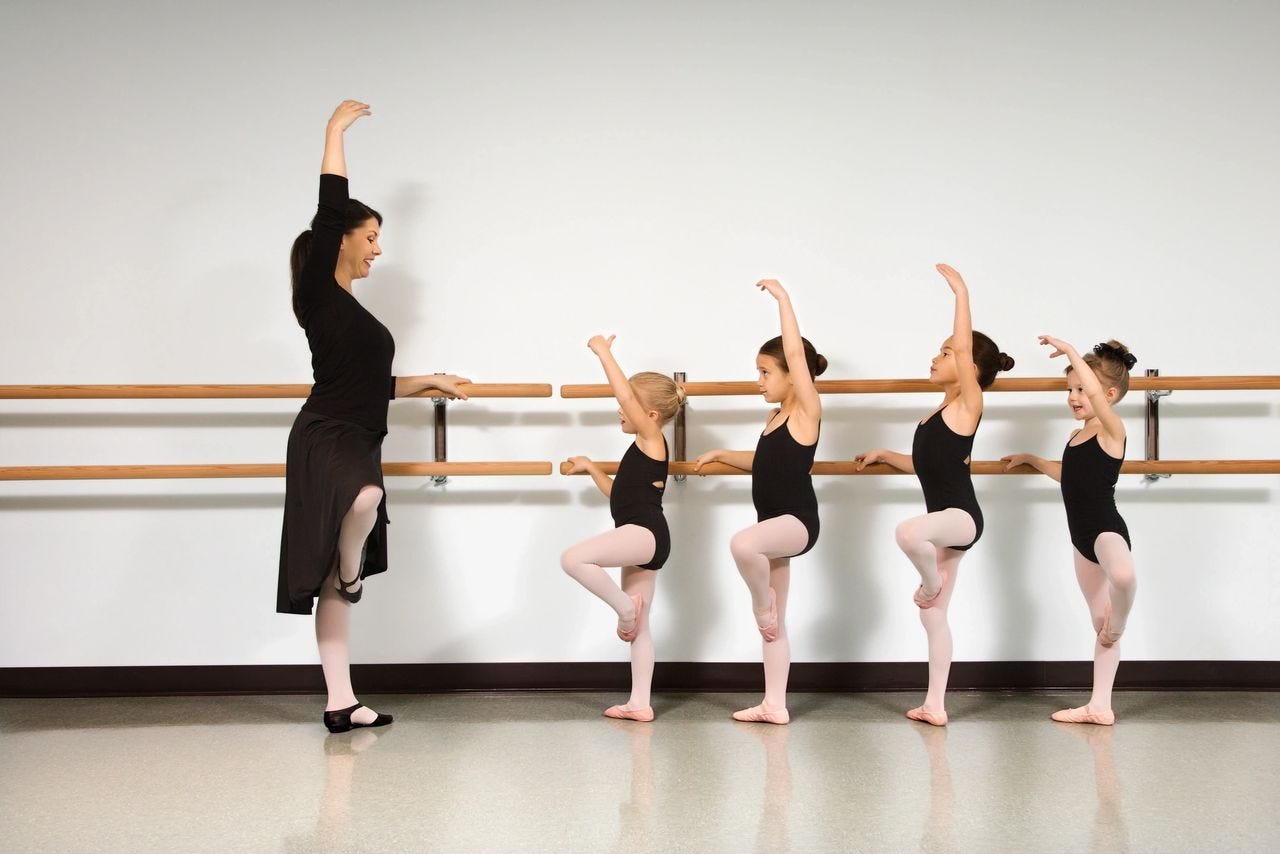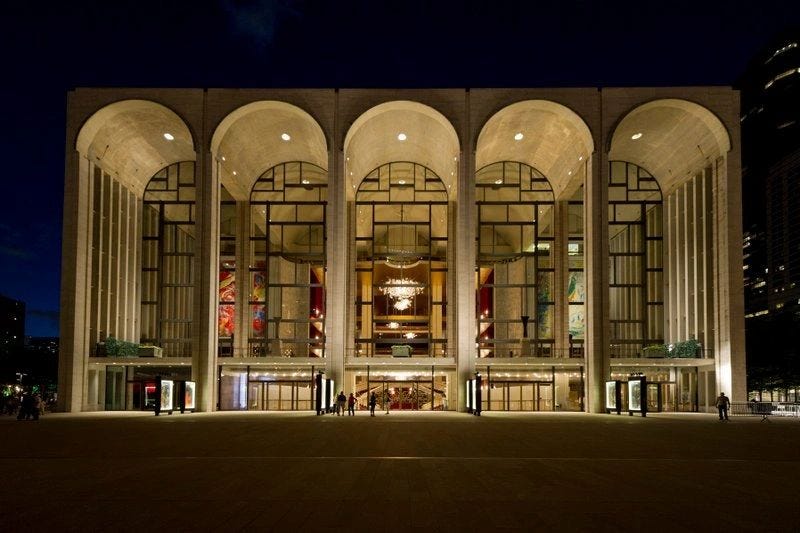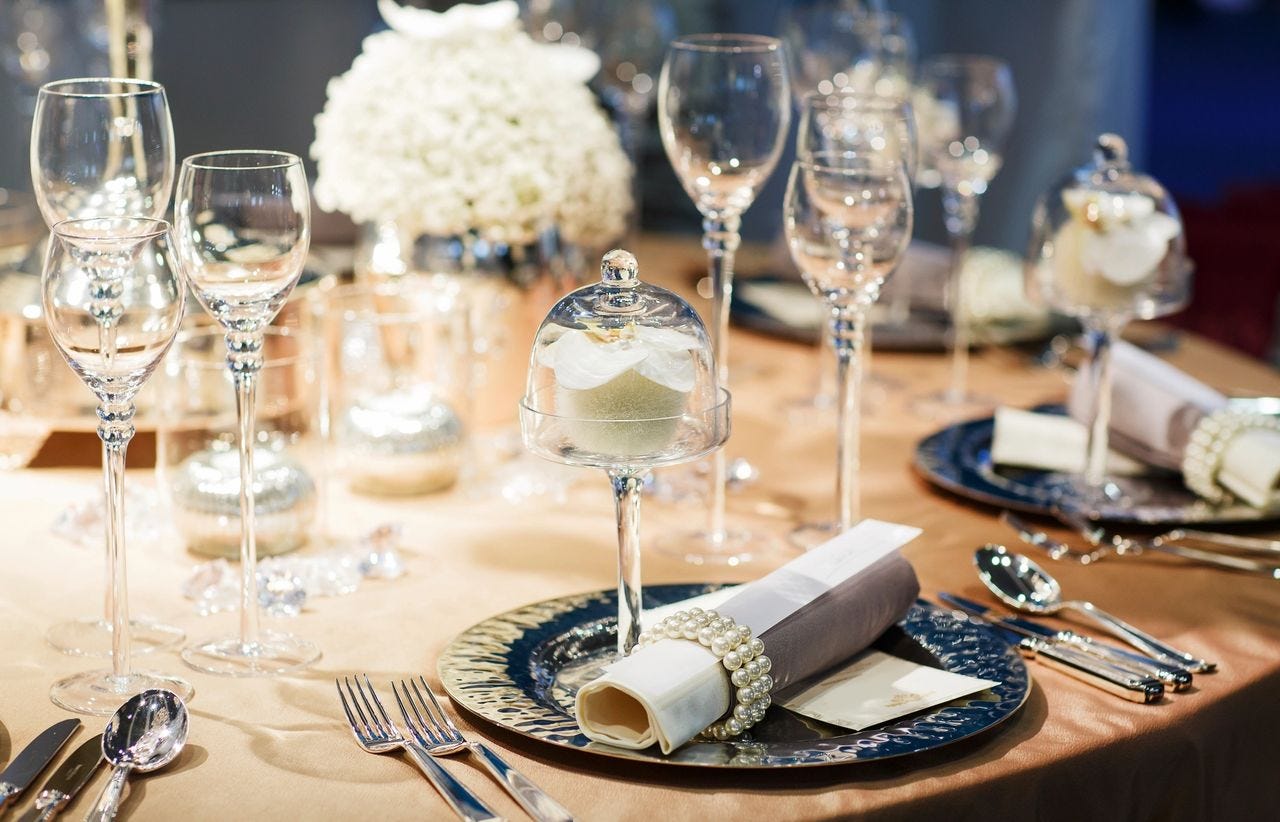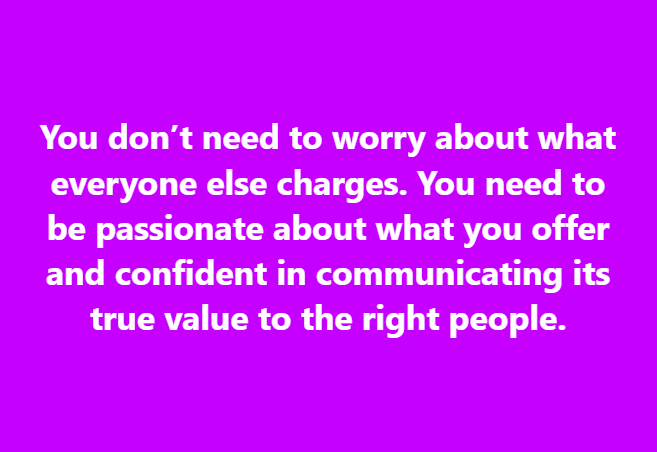When helping clients think about the lifetime value of what they offer, I’ll often ask, “How are you like a diamond?” And since it’s peak wedding season, I thought I’d reshare—and slightly update—an article I originally wrote a couple years ago to help more people who struggle with their pricing. It’s easy to get caught up in the short-term thinking about hourly rates and lose sight of the big picture of the true value of what we offer, and no matter how many actual hours it takes.
When it comes to the bling for an engagement or wedding, the more we invest in the jewelry, the stronger the potential bond of matrimony, right? Thus, many may choose the very fancy options to show for the sincerity and seriousness of their engagements and marriage vows.
Since I am unmarried and my parents divorced when I was 12, I'm not very qualified on this subject—I actually haven't even sung at a wedding in a while, not since before I sang Neil Sedaka's "Breaking Up is Hard to Do"!
We can all agree there are some who, whether they'll admit it or not, definitely go about making their diamond and other marriage-related decisions as if the price is partly a measurement of how they're approaching the situation—even if they are otherwise just overcompensating for something else! I can at least say I've seen enough commercials on TV as a kid, often while watching The Price is Right, to know two months of your salary is what you're traditionally expected to spend on an engagement or wedding ring—or at least it was in the 80s!
And side note: I often remind clients and students that if they’re performing at a wedding (or a funeral or other special service), asking for just a couple extra days worth of salary to ensure they’re getting paid what they deserve often amounts to not much more than a rounding error that goes unnoticed in the totals at the end. (And if they dare try to say no, dare I suggest asking if they’re trying to save up for a divorce! 😅)
🎂👰 It’s not just the pictures of the cake and the dress that will live on Instagram for eternity; everything touched by artists, including the quality of the music and photography, will be on the internet for eternity. Are they willing to invest as much into the artists as they are into the cake and dress?🎵 And are they willing to pay like it will last forever?
If they’re already able to afford everything else—especially if it’s an “average” wedding that costs around $30K!—then as long as you frame it in the right way, they usually will want to try and find a way. And remember, if it’s a friend’s wedding, a true friend will want to pay full price, or at least offer more than an equivalence—AND they will refer you to others!🤗 ❤️
Whether it's a wedding, hiring a singer to sing at the wedding, or really any opportunity we have to invest in ourselves, our careers, our environment, or anything else to give us the better life we desire, we tend to take it more seriously when we spend or invest more money. As a result, we also tend to get more value out of what we paid for it and/or we take better care of it so it lasts. Case in point, I regularly lost any watch I had that cost less than $500, but I never lost my Rolex Datejust, at least not until I had to pawn it to literally survive; one of my goals within the next year is to finally replace it! 😎
When it comes to wedding rings or other jewelry, with or without diamonds, many times we may decide to buy with at least an implicit expectation it will last the rest of our lives, the rest of our children's lives, their children's lives, and so on. So for an invaluable family heirloom staying within the family indefinitely, we could say the lifetime value proposition of what we're paying for today, no matter the price, literally is infinite. Whether it costs thousands, hundreds of thousands or even millions, to the right kind of ideal customer, it's worth it. Hence the good old slogan, "A diamond is forever!"
So how are YOU "Forever..."?
How might you describe the lifetime value of what you have to offer those you serve?
By solving the problem you can help them solve or by facilitating the experience they will have, what new opportunities or benefits are those you serve going to have? Or how are you otherwise improving or giving some kind of increase to their lives?
It's so easy get our minds caught up into thinking we're defined by an hourly rate, we're only able to charge what others charge, or we're stuck charging only what we think they can afford. Things like political correctness, academic purity, or other religious or social value systems can often cause us to lose sight of the true value or potential value of our offers.
No matter the actual number, it's really not about the number. It's about the story we choose to create around the number to justify the price in our heads. These stories we come up with tend to fail miserably at considering the true big-picture value of what we're offering. But no matter what, we always have the power to choose to write a new and more empowering story!
Whatever your service or artistic opportunity may be, take a moment to think about the total lifetime benefit or return on investment your clients, students, or audience members will receive. More often than not, there is a direct or indirect financial gain somewhere, or it can lead to something with the potential for a financial gain down the road.
Voice lessons, for example, don't just help a student sing a song better, but the process of studying will also build up confidence and stamina benefiting other areas of one's life or career. Students may get the better paying singing engagements, they may get a better paying job outside of singing, or they may get better at putting themselves out there as an entrepreneur. The true benefits are endless, hence I like to say money may not grow on trees, but it can grow on your voice!
"Expensive" compared to what?
No matter the price, it's always going to be "expensive" compared to something and "cheap" compared to something else. It's all relative.
A ticket at the Metropolitan Opera may be more expensive than a ticket to a regular season NFL football game, but usually less than a ticket to the Super Bowl. So when you're in a sales conversation, particularly with an offer at a price you might not be used to asking for, it can help to try and be in control of what the buyer or prospective student or client will compare the price to in the conversation. One of your goals is to get them to think about the "lifetime value" of the results they will get.
Before you state the "expensive" price you know you deserve to charge, in order to build up your own confidence to say it proudly, think about asking them what they really want and what they think would happen if they work with you or your product or service. If you can navigate the conversation to where you can ask them how much they believe is the true value of the results in their lives, then by the time you get around to stating your price, they just might have already sold themselves. And that's just one of the many ways you can think of yourself and your offer as being like a diamond!
Thanks for reading, and please subscribe below for updates.
Remember, no one reaches even higher levels of success without at least some guidance from someone in a different position and can show them what they can't see, point out where they're playing it safe, recognize what else they may need, and otherwise expand their thinking. This is why coaching or mentoring is vital for entrepreneurs, and it's arguably the only proven short cut in business!
If you're ready, I'm here for you! Just DM me.
Thanks for reading,
Brian





